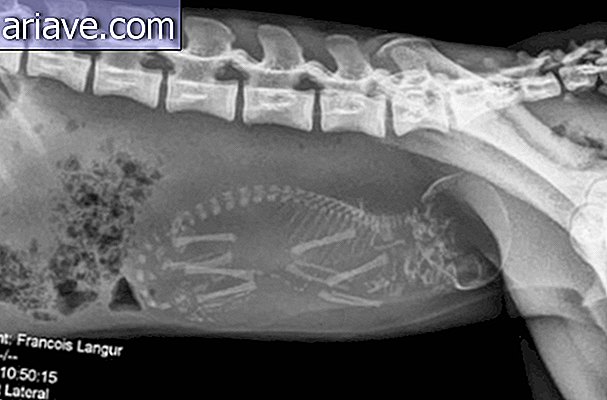Walrus attacks and sinks Russian vessel in Arctic
The first images and impressions we get of a walrus are of a large, heavy, calm animal or, to put it mildly, lazy and incapable of fierce attacks. If that's your impression too, you're wrong and an episode that happened to a group of Russian researchers and journalists last week can prove it to you.
While on a scientific expedition to the Arctic Circle to try to retrace the route taken by 19th-century explorers, a boat was attacked and sunk by a walrus mother. The expedition, led by the Russian boat Altai, made several stops along the way so that the group could study glaciers, flora and animals.
At each stop they were transported from the boat to the stop by an inflatable tugboat. All went well to Cape Geller in Wilczek Land. They were already on the inflatable craft when they were attacked with rage by a walrus. The attack was so violent that the boat sank. Passengers were quickly safely evacuated to the coast by soldiers of the Russian Northern Fleet.

Photo: Russian Navy Northern Fleet
The walrus also emerged unscathed from the attack and observers believe it has attacked the group in an attempt to protect its young. The behavior is quite common among mother walruses, who attack vessels when they feel their young are threatened.
Although not on the Russian boat, Lori Quakenbush, a biologist with the Alaska Department of Fish and Animals Arctic Marine Mammals Program, told Gizmodo that caution and caution is needed at the time of field research so as not to be in a place surrounded by ice and walrus, without a safe escape route. "The puppies are curious and will approach a boat, which makes the mother aggressive to defend it, " he explained. According to a statement issued by the Northern Fleet, the expedition was resumed after the incident.

Photo: Pixabay
The walrus population has been profoundly affected by climate change and they are seeing their natural habitat shrink by the day, with Arctic ice melting at a worrying rate. With this, they are forced to reunite their group on the margins, which should promote more constant encounters with human beings.











